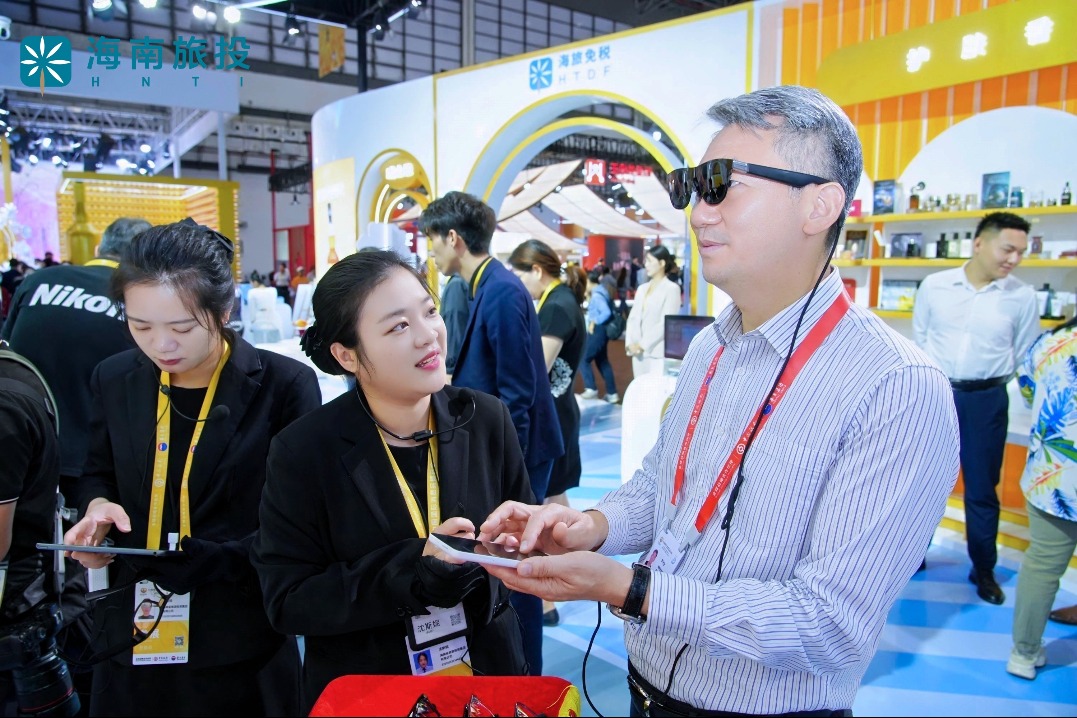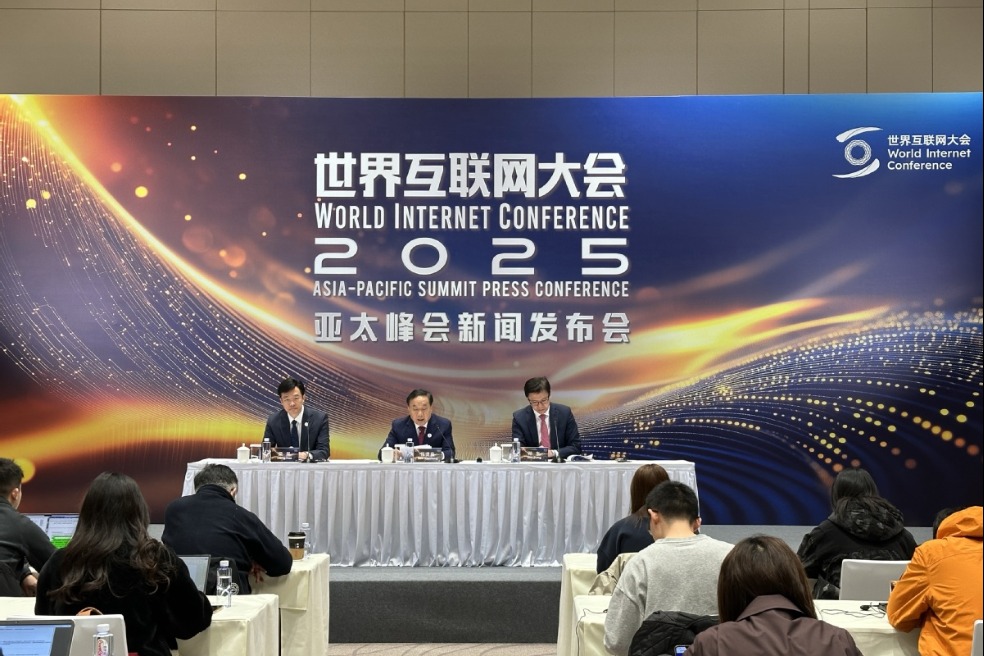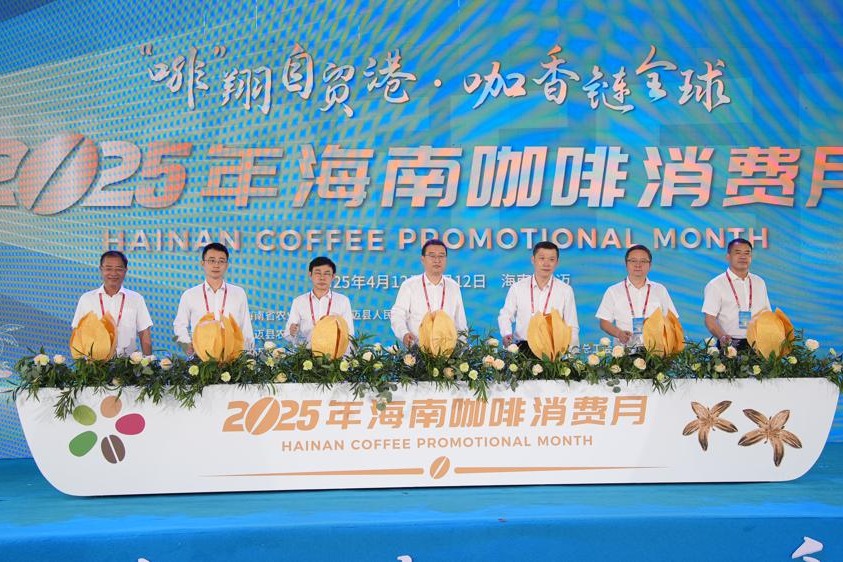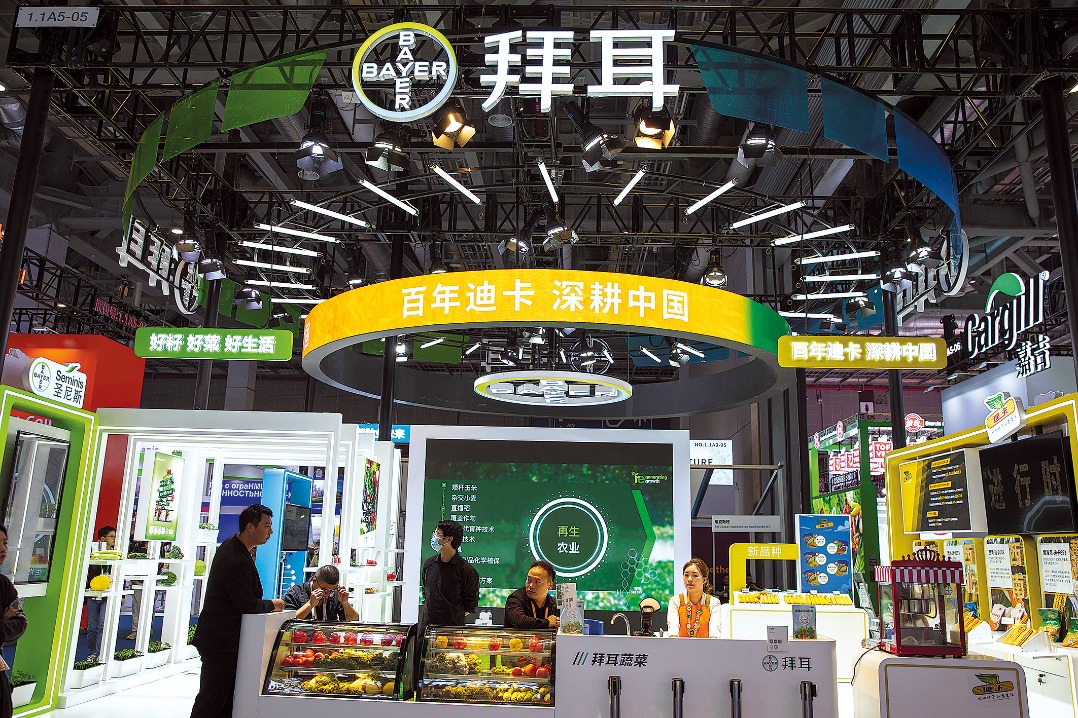EV latecomers hope to win over consumers with software expertise


Amid fierce competition in China's new energy vehicle market, where established players and new entrants are vying for market share, the latter are making efforts to stand out and provide appealing products in the world's largest NEV market.
Two highly anticipated latecomers are Chinese smartphone maker Xiaomi and Jidu, which is a joint venture between domestic tech heavyweight Baidu and carmaker Geely. Both announced their entry into the intelligent vehicle market nearly two years ago and are expected to deliver their products this year.
Last week, Jidu CEO Xia Yiping said its first model Robo-01 will be put into production in Geely's Hangzhou factory in Zhejiang province around early March. The model features Jidu's unique selling points, such as Baidu Apollo's intelligent driving, Geely's SEA architecture and computing chips from Qualcomm and Nvidia.
Xia said that Jidu's products are highly competitive, thanks to their cost controls. Similarly, Tesla was able to lower prices while maintaining a high gross margin, mainly due to its core competitive advantage.
"Jidu is confident it can surpass Tesla in terms of design, space and (artificial) intelligence experience. So I am not concerned that Tesla's price reductions will affect the launch of our future products," Xia said to the question of whether he is concerned about Tesla's price reductions in January.
Intelligent driving features are a key selling point for Jidu cars as it boasts Baidu's years of research and development in intelligent driving.
Xia said that the company's current priority is to increase the utilization of these features, which are currently used in less than 10 percent of other brands, to 60-70 percent. They are going to do this by upgrading the technology based on the Baidu Apollo autonomous driving platform.
Jidu will also focus on expanding its network with the aim of opening 100 experience centers across 46 cities this year. It has set a goal to reach annual deliveries of 800,000 vehicles by 2028.
Flying solo, Xiaomi has faced more difficulties in production qualifications, supply chains and other matters as it has not officially revealed its models yet.
A news report said last week that Xiaomi had obtained NEV production qualifications, which means it can produce and sell vehicles in China rather than entering the industry through an investment, joint ventures, acquisitions or other methods.
Regarding criticism that its launch time will be too late, Lei Jun, CEO of Xiaomi and its electric car unit, said that Xiaomi has advantages in electronics, user experience and network operation, which are important to electric vehicles. It's perfect timing to launch a product in 2024, he said.
Xiaomi has built an ecosystem with smart devices and smart homes, winning a huge fan base. It said it will leverage its technology in the internet of things to provide this digital ecosystem experience through its vehicles.
The brand said it is to begin mass production of its first vehicle in 2024 and has ambitious goals to achieve annual sales of 10 million vehicles and among the top five auto manufacturers worldwide over the next 15-20 years.
Yale Zhang, managing director of consulting company Automotive Foresight, said: "The potential of China's NEV market is still enormous.
"In two or three years, when the price-to-performance ratio of NEV is stable, the cost of batteries is stabilized and NEVs have similar mileages, the competition will shift toward intelligence. At that time, companies like Jidu and Xiaomi will show their advantages and be distinguished from other brands."
Meanwhile, finding a position in the market is not an easy task. As Zhu Huarong, chairman of Changan Automobile, stated earlier this month, 75 brands have fallen in the past three years, and it is estimated that 60-70 percent of existing brands may fail in the next three to five years.
The early bird catches the worm. Zhang said that the established brands, including startups like Tesla and Nio, and traditional carmakers, have occupied almost every segment of the market.




































